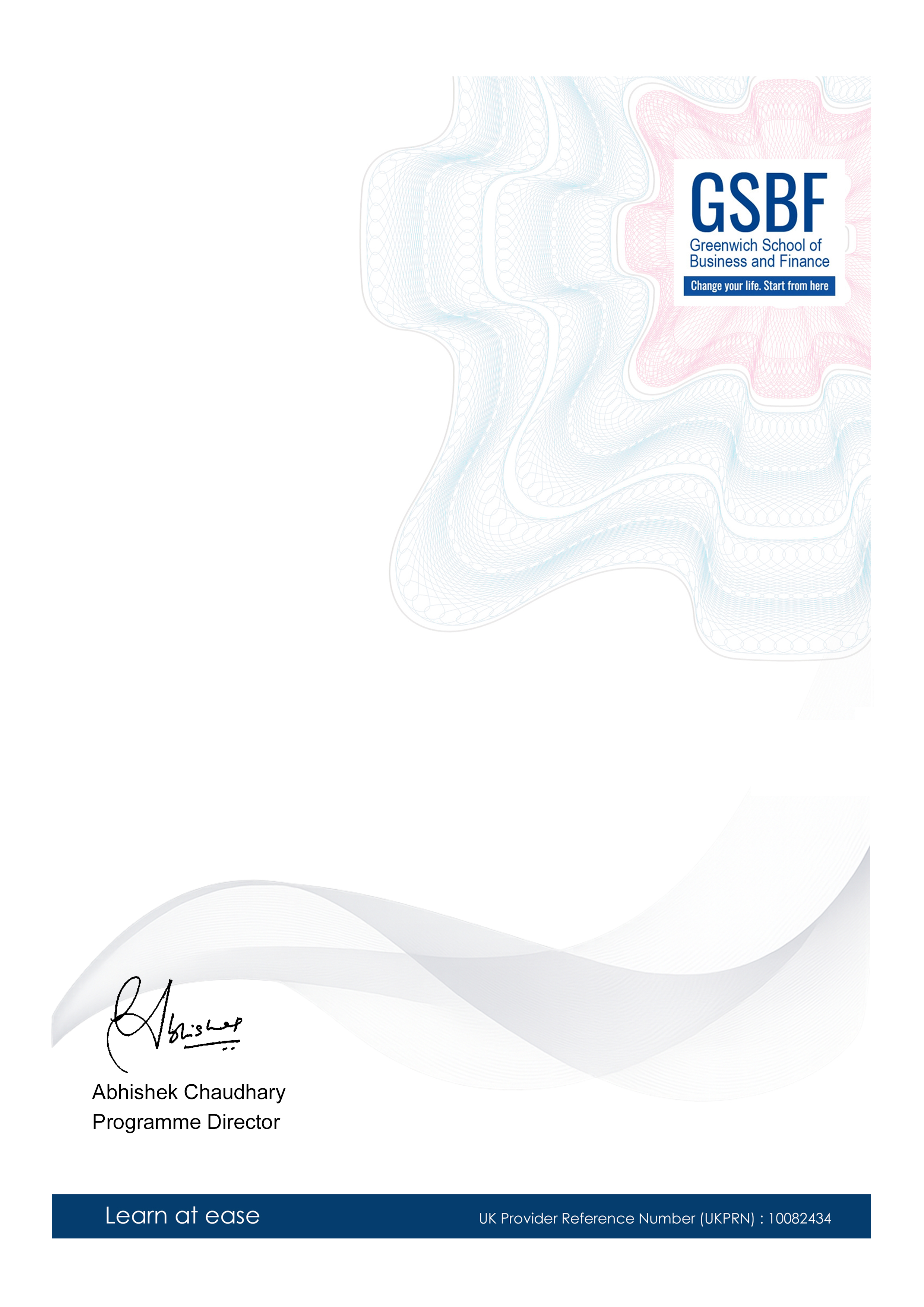Masterclass Certificate in Humanitarian Logistics Restoration
-- viewing nowThe Masterclass Certificate in Humanitarian Logistics Restoration is designed for professionals seeking to enhance their skills in managing and restoring critical infrastructure after disasters. The program focuses on humanitarian logistics, supply chain management, and emergency response planning.
7,048+
Students enrolled
GBP £ 149
GBP £ 215
Save 44% with our special offer
About this course
100% online
Learn from anywhere
Shareable certificate
Add to your LinkedIn profile
2 months to complete
at 2-3 hours a week
Start anytime
No waiting period
Course details
Career path
Masterclass Certificate in Humanitarian Logistics Restoration
The Masterclass Certificate in Humanitarian Logistics Restoration is a comprehensive program that equips individuals with the necessary skills and knowledge to manage and coordinate logistics operations in humanitarian crises. This program is designed to provide a strong foundation for those seeking to pursue a career in this field, as well as for professionals looking to enhance their existing skills.
Job Market Trends
The demand for professionals with expertise in humanitarian logistics is on the rise, particularly in the UK. According to recent studies, the sector is expected to grow significantly in the coming years, driven by an increase in natural disasters and conflicts around the world. This growth presents numerous opportunities for individuals with the right skills and qualifications.
Salary Ranges
Salaries in the humanitarian logistics field vary depending on factors such as experience, education, and location. However, according to data from Payscale, the average salary for a Humanitarian Logistics Coordinator in the UK is around £40,000 per year. With additional certifications and experience, salaries can increase significantly.
Skill Demand
The skills required for success in the humanitarian logistics field include strong project management abilities, excellent organizational skills, and the ability to work effectively under pressure. Proficiency in data analysis and technology-driven solutions is also highly valued. Additionally, a deep understanding of the unique challenges faced by humanitarian organizations is essential for success in this field.
Career Roles
There are several career roles within the humanitarian logistics field, each with its own unique responsibilities and requirements. These include:
- Humanitarian Logistics Coordinator: Responsible for managing and coordinating logistics operations in humanitarian crises. This role requires strong project management skills, excellent organizational abilities, and the ability to work effectively under pressure.
- Supply Chain Manager: Responsible for overseeing the procurement, distribution, and delivery of essential goods and services in humanitarian crises. Strong analytical and problem-solving skills are essential for success in this role.
- Disaster Risk Reduction Specialist: Focuses on identifying and mitigating risks associated with natural disasters and conflicts. This role requires a deep understanding of the unique challenges faced by humanitarian organizations and the ability to develop effective risk reduction strategies.
These are just a few examples of the many career roles available in the humanitarian logistics field. With the right skills and qualifications, individuals can pursue a rewarding career that makes a real difference in the world.
Entry requirements
- Basic understanding of the subject matter
- Proficiency in English language
- Computer and internet access
- Basic computer skills
- Dedication to complete the course
No prior formal qualifications required. Course designed for accessibility.
Course status
This course provides practical knowledge and skills for professional development. It is:
- Not accredited by a recognized body
- Not regulated by an authorized institution
- Complementary to formal qualifications
You'll receive a certificate of completion upon successfully finishing the course.
Why people choose us for their career
Loading reviews...
Frequently Asked Questions
Course fee
- 3-4 hours per week
- Early certificate delivery
- Open enrollment - start anytime
- 2-3 hours per week
- Regular certificate delivery
- Open enrollment - start anytime
- Full course access
- Digital certificate
- Course materials
Get course information
Earn a career certificate

